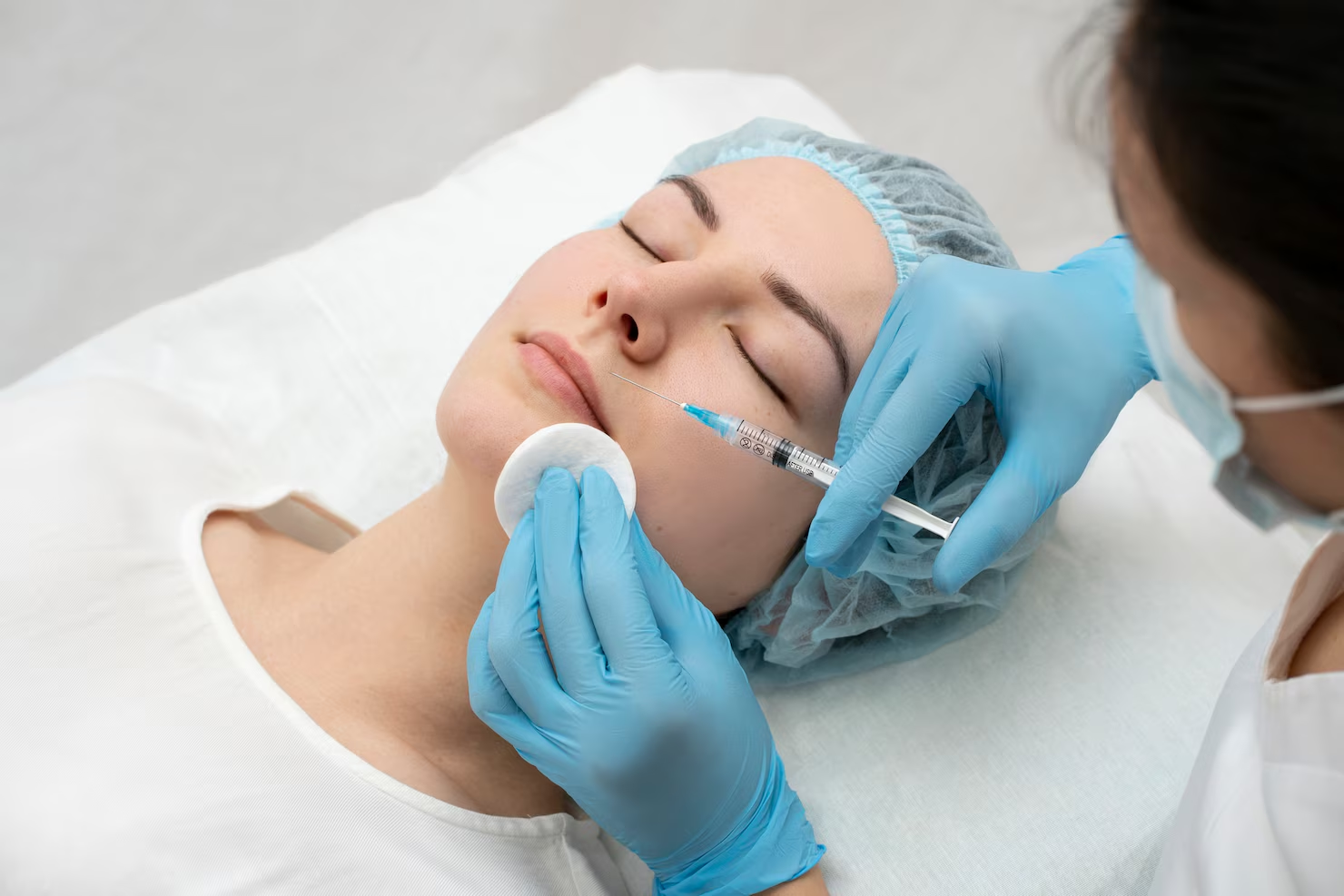Discover the Role of Military Dental Assistants: Informative Guide with Insights and Details
Military dental assistants are specialized healthcare professionals who support dental care within the armed forces. Their role exists to ensure that military personnel receive reliable oral health services, which are critical for overall readiness and performance.
In both peacetime and deployment settings, these professionals assist military dentists with patient care, equipment preparation, sterilization, and record management. Unlike their civilian counterparts, they often work in diverse environments—ranging from fully equipped military hospitals to temporary field clinics.

The position developed because oral health directly impacts the operational capability of service members. Poor dental conditions can interfere with missions, training, and daily tasks, making dental assistants essential contributors to military health systems.
Importance
The role of dental assistants in the military is important because it ensures that service members remain medically fit. Oral health problems, if untreated, can lead to severe complications that affect nutrition, speech, and combat readiness.
Key reasons this role matters include:
-
Operational readiness: Dental assistants reduce downtime caused by oral health issues.
-
Comprehensive care: They help dentists deliver preventive, restorative, and emergency care.
-
Global deployment: Service members may be stationed in areas with limited civilian healthcare access, making in-house dental teams vital.
-
Support for families: In some cases, military dental assistants also help provide care to dependents at military treatment facilities.
Without their support, the quality and speed of dental services for the armed forces would be significantly reduced.
Recent Updates
In 2024 and 2025, several updates highlight the evolving role of military dental assistants:
-
Digital record systems: The Department of Defense (DoD) has expanded the use of electronic dental records, improving coordination across bases worldwide.
-
Expanded training: In 2024, new simulation-based training modules were introduced in some branches, allowing assistants to practice emergency dental procedures before deployment.
-
Global health initiatives: Military dental teams, including assistants, have participated in humanitarian missions in 2024, supporting communities in remote regions while gaining valuable field experience.
-
Focus on preventive care: Military dental programs have emphasized preventive education to reduce long-term issues, aligning with global health trends.
These changes reflect a broader commitment to efficiency, modernization, and readiness in military healthcare.
Laws or Policies
Military dental assistants operate within strict frameworks established by national defense organizations and healthcare regulations.
Some key aspects include:
-
Defense Health Agency (DHA) policies: The DHA oversees clinical standards for military dental clinics, ensuring assistants follow uniform procedures.
-
Infection control regulations: Assistants must adhere to military and federal standards for sterilization, protective equipment, and patient safety.
-
Scope of practice guidelines: Rules define what tasks dental assistants can perform under supervision, such as taking X-rays, managing patient records, and assisting with procedures.
-
Deployment protocols: Military law requires dental readiness as part of overall medical fitness. Dental assistants play a role in assessing and documenting compliance.
Policies vary slightly across different branches of the armed forces, but the overall framework is designed to maintain consistent quality and safety across all military facilities.
Tools and Resources
Military dental assistants rely on a mix of traditional instruments and modern digital tools to perform their duties effectively.
Common tools used in daily work:
-
Digital X-ray systems and imaging software
-
Electronic dental record platforms
-
Sterilization and infection control equipment
-
Portable dental units for field operations
-
Training simulators for emergency care scenarios
Helpful resources and references:
| Resource | Description |
|---|---|
| Defense Health Agency Website | Provides policies, clinical guidelines, and updates for military healthcare staff |
| Military OneSource | Offers educational materials and support for military families, including oral health topics |
| American Dental Association (ADA) | Source of best practices and continuing education for dental professionals |
| CDC Oral Health Division | Guidelines on infection control, preventive care, and community health initiatives |
| PubMed & Medical Journals | Research articles on dental care trends, including military-focused studies |
These tools and resources enhance the efficiency and readiness of military dental teams.
FAQs
What does a military dental assistant do on a daily basis?
They prepare dental instruments, assist dentists during procedures, manage patient records, take X-rays, and ensure proper infection control.
How is a military dental assistant different from a civilian dental assistant?
While the technical skills are similar, military dental assistants work in diverse environments, including deployment settings, and follow military regulations alongside healthcare protocols.
Do military dental assistants provide care in combat zones?
Yes, they may support dental teams in forward-deployed clinics or mobile units, ensuring oral health care is available during missions.
Are military dental assistants involved in preventive care?
Yes, they educate service members on oral hygiene practices, diet, and habits that support long-term dental health.
What regulations guide their work?
They follow policies set by the Defense Health Agency, federal infection control standards, and military-specific scope-of-practice rules.
Conclusion
Military dental assistants play a crucial role in sustaining the health and readiness of armed forces. By supporting dentists, managing equipment, and providing patient care, they ensure that service members are fit for duty in both everyday and high-demand environments.
Recent updates, such as electronic record systems and expanded training, highlight the growing importance of this role. Governed by strict regulations and supported by advanced tools, military dental assistants bridge the gap between preventive care and emergency readiness.
Their work is not only vital for operational success but also reflects the broader mission of military healthcare: keeping service members strong, capable, and prepared wherever duty calls.




